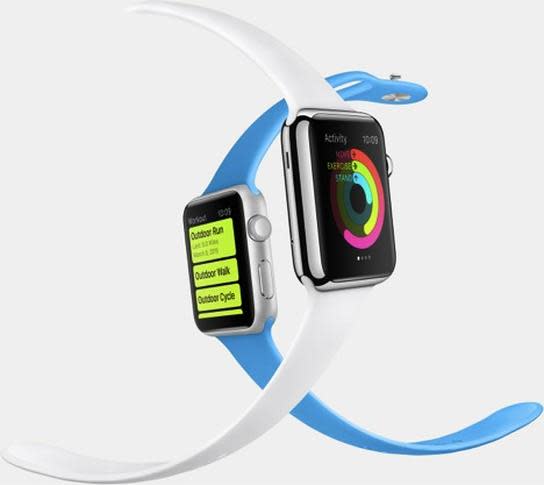Apple has little to fear from the FDA

applewatch.jpg

With Apple preparing to accept pre-orders for the Apple Watch on April 10, the United States Food and Drug Administration (FDA), the federal agency in charge of medical devices, says it will take "a very light touch" towards wearable health devices going forward.
It's good news for Apple, which has spent millions of dollars developing the Apple Watch, by far the highest profile wearable health device on the market. It goes on sale on April 24.
In a recent interview by Bloomberg Business, Bakul Patel, the FDA's associate director for digital health, said that technologies primarily focused on motivating someone to stay healthy (rather than diagnosing or treating a disease) are not things that the FDA wishes to regulate. "We are taking a very light touch, an almost hands-off approach," said Patel.
Reports have suggested that Apple had much higher aspirations for the Apple Watch (and likely still does), looking at features like glucose and hydration monitoring, blood pressure, oxygen saturation measurement, and more. Those features could still arrive in future versions of the product, while the first-generation version mostly measures movement and heart rate.
It's also possible that Apple might have pushed back the more health-specific features for later versions intentionally, as anything that might draw deeper FDA scrutiny could take time to pass through the regulatory process. And that evaluation might have exposed the Apple Watch before Apple was ready, if it needed to be done before the product had launched at all.
Now, if Apple wants to examine new, more health-intensive features, it can reveal them as "in the works" if required by the FDA and can test them more publicly.
Some developers of apps have been questioned by the Federal Trade Commission or other federal agencies after making suspect claims about health-related issues, with Apple and Google--operators of the two biggest mobile app stores--both working with the FDA and other agencies to determine best practices on health and privacy issues.
Patel told Bloomberg that he is trying to improve the FDA's relationship with technology companies who think that the regulatory agency is trying to tamp down on innovation and slow the fast-moving technology space.
Perhaps the most interesting piece is the FDA's interest in what harm might be done to a person if a health product fails. If there is a risk of harm, then the agency is more likely to step in. If the Apple Watch fails, users might not remember to stand up every hour or have their steps tracked, both features that Apple has touted in marketing material. "What are benefits to public health against the risks to public health?" says Patel.
Apple is hoping that its customers get healthier with its new products, placing a huge amount of the Apple Watch's marketing focus on health and fitness, as well as telling time and communicating with friends and family.
Do you plan to pre-order the Apple Watch, purchase it when it officially goes on sale, or wait and see how the device fares in the real world? Share your thoughts in the discussion thread below.


